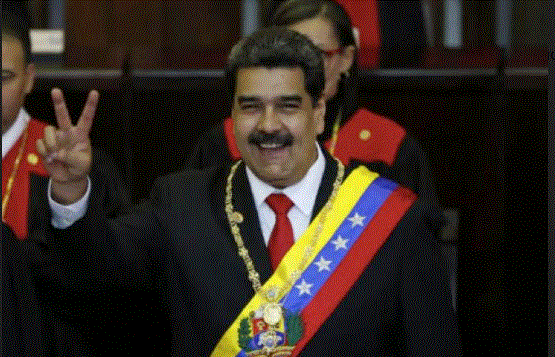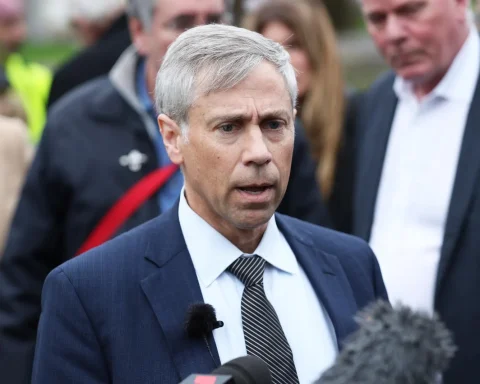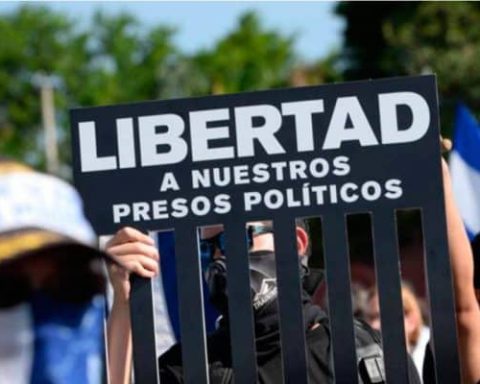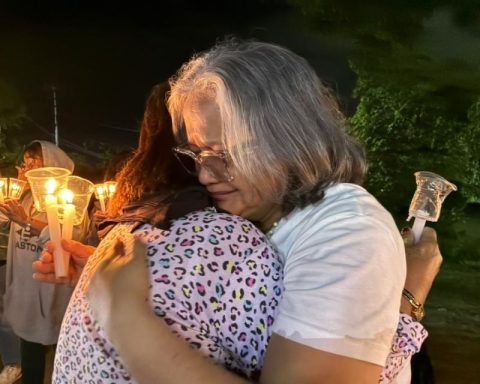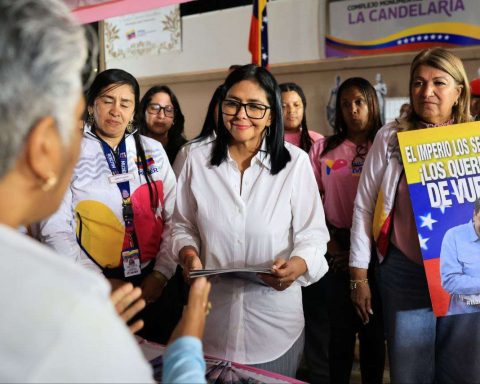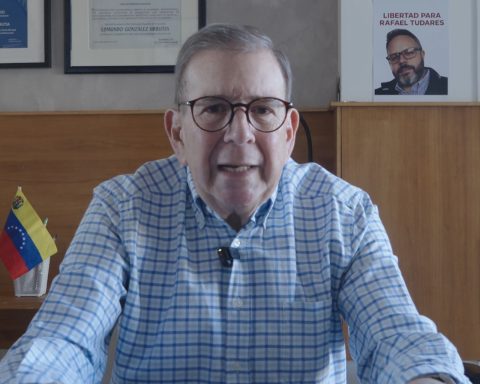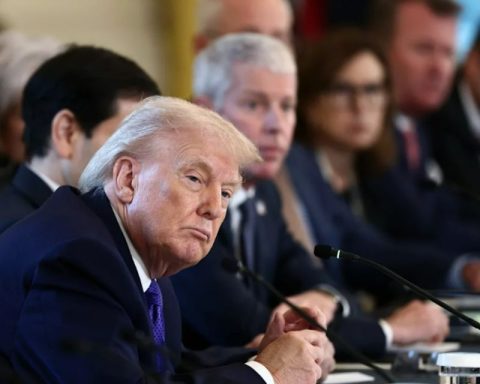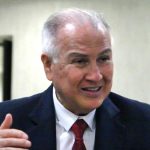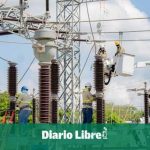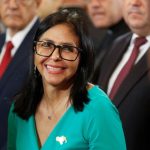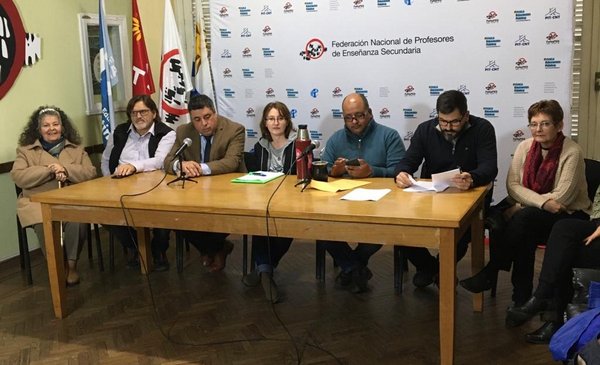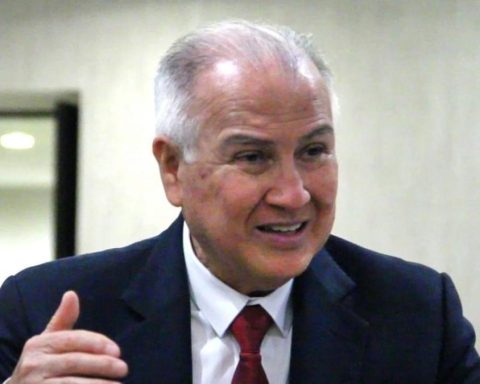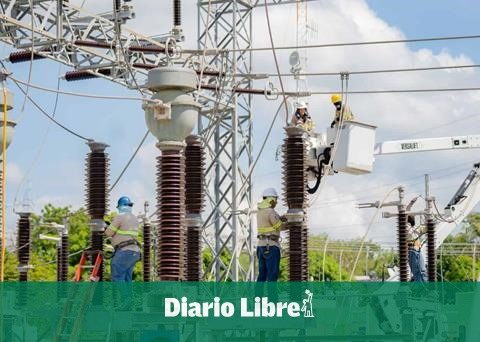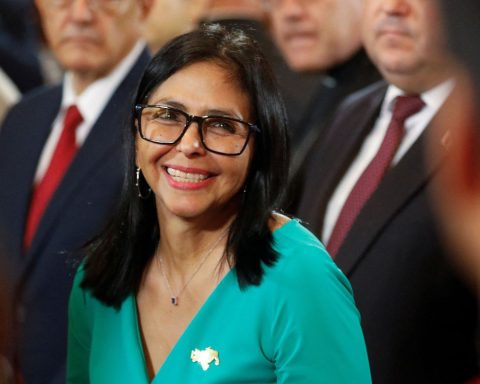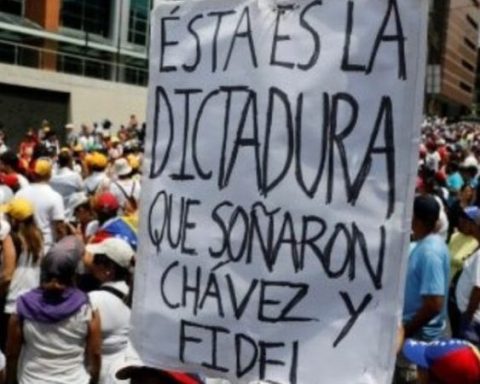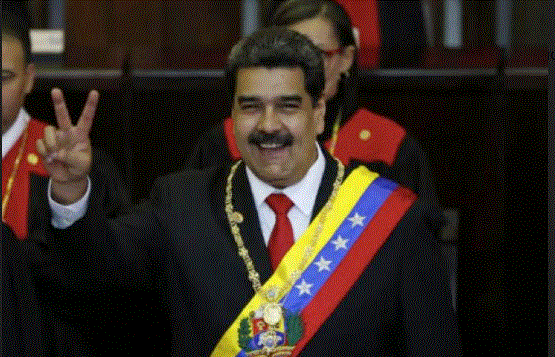
Until very recently, most of the democratic forces in Venezuela maintained that the solution to the serious crisis in the country was political: a free, fair, transparent and democratic presidential election. Let us remember that, since 2019, Nicolás Maduro lost the last trace of legitimacy of his mandate, that of origin; Well, before he had launched the attack on the National Assembly elected in 2015, which led to the dismantling of the rule of law and the separation of powers.
A situation that began the very serious political and public order crisis of 2017 —reinforced by scarcity and the collapse of the State— to which Chávez’s heir decided to respond with the nation’s weapons. With the order received from Miraflores, the soldiers who had sworn to defend the country used their rifles and tanks to silence the voice of the protesters. Many unarmed people were killed and the rights of hundreds of innocent citizens violated. A tragedy for the civilian population that led to the great exodus that today is estimated at more than 6 million Venezuelans.
When Maduro was sworn in before his Supreme justice court by his second presidential term, one in ten Venezuelans had left the country to flee oppression, first, and the misery caused by his regime, later.
Sanctions do not support the official narrative
Three years later, the story of the madurismo, representatives of the private sector and civil society in Venezuela is that the US economic sanctions against the Maduro regime are the cause of the national crisis. He maintains that the punitive measures against the country have only served to “exacerbate” the humanitarian crisis in the former oil power. So they ask President Joe Biden for the return of the international oil companies that are partners of the state-owned PDVSA.
The official narrative does not seem to support the economic argument of the crisis, despite the data provided by Jesus Followed that “82% of Venezuelans have left the country for economic reasons and quality of life, and just 6% for political reasons”.
In April, the investment bank Credit Suisse estimated that Venezuela’s gross domestic product could expand 20% in 2022, due to the increase in oil production that drives a dramatic rebound for an economy that collapsed just 2 years ago.
In this sense, the secretary general of the Organization of Petroleum Exporting Countries, Mohammad Barkindostated last Thursday that Venezuela’s oil industry recovered in a “record time” of two years.
“You guys [Venezuela] they were able to recover the industry in record time, in just 2 years, and I saw each of the plants operating optimally, I saw how they increased production from a very low level to almost more than 1 million and they are going towards 2 million by the end of this year », indicated Barkindo.
Asdrubal Oliverosdirector of Ecoanalítica, determines that “Venezuela’s oil exports will close at an average of 830,000 barrels per day” in 2022, after having been around 490,000 barrels per day in the last 2 years, according to data from the company. tankertrackers.com services.
Political reality with the criminal nature of the regime
The political reality combined with the criminal nature of the madurista regime points to its being the root cause of the Venezuelan crisis.
Venezuelan non-governmental organization Penal Forum He stated last week that there are 239 detainees in the country whom he considers “political prisoners.” Of the total number of records, 224 are men and 15 women, including a minor; 107 are civilians and 132 military. “Since 2014, 15,758 political arrests have been registered in Venezuela,” added the representatives of the NGO. Currently, more than 9,000 people are still subject, “arbitrarily”, to measures restricting their freedom.
In early May, the four-star general Laura Richardson, head of the Southern Command, said in an interview with Infobae that “participation in drug trafficking runs through all the echelons of the Maduro regime. (…) Corruption is endemic in Venezuela, (…) and gives shelter to regional terrorist groups such as the ELN and the FARC dissidents”.
This without counting on the decision of the prosecutor of the International Criminal Court, Karim Khan, one month ago. He refused to postpone his investigation into the alleged crimes against humanity committed in Venezuela and requested permission from the judges of the Pre-Trial Chamber to resume the investigation.
There is no democracy, continue the fight
If we accept the narrative of madurismo, representatives of the private sector, members of civil society and political leaders frustrated by the results of the last three years of fighting against a drug tyranny, that economic sanctions are the cause of the Venezuelan crisis , we assume that in Venezuela there is a government with democratic institutions. But the evidence shows that this is false.
We must be clear, then, that the crisis in Venezuela is political-judicial. Therefore, the fight is too. It must be redefined in light of the facts of the war in Ukraine. Because Maduro, like Putin, does not represent the democratic values and principles that the citizens of the Western Hemisphere strongly favor and defend.
It is necessary to make a new deployment of the internship to correct the last three years of mistakes in the diagnosis and to overcome the collective frustration.
“Four things in the political struggle: presence, prestige, budget and power. Only then would the board begin to level out, an essential condition for any reunion or reconciliation. Hugs are given between equals; the other is surrender”, says Cayetana Álvarez de Toledo in her book politically undesirable.
So, to paraphrase Clinton, the crisis has a cause and it’s not the sanctions: It’s the drug tyranny, stupid!
